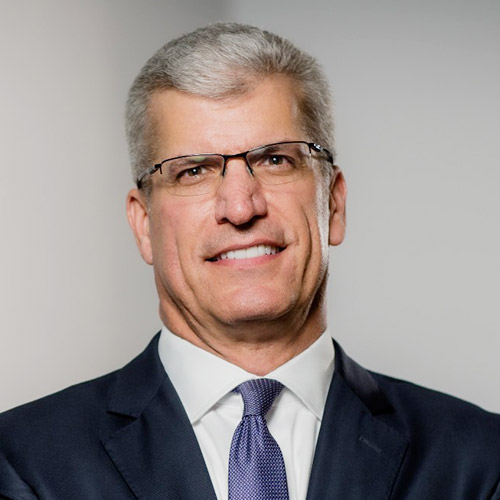G1 Therapeutics said its lung cancer drug Cosela didn’t fare better than a placebo in extending the lives of breast cancer patients.
In the Phase 3 trial of metastatic triple-negative breast cancer patients, Cosela was given before chemotherapy. But median overall survival for Cosela patients was 17.4 months, compared to 17.8 months in the placebo arm, G1 announced Monday.
As a result, G1 is nixing its hiring plans around the breast cancer indication and is refocusing around its current approval in lung cancer. It’s also cutting staff “outside of the existing commercial organization to streamline the company.”
A G1 spokesperson declined to comment on the number of job cuts or a specific timeline. The company’s stock $GTHX fell roughly 30% Monday morning before rebounding, and was down about 12.5% Monday afternoon.
 Jack Bailey
Jack BaileyCosela was approved in 2021 to reduce chemotherapy-induced myelosuppression in adults with extensive-stage small cell lung cancer. CEO Jack Bailey told investors on Monday that G1 is now focused on expanding Cosela’s reach in lung cancer “not only here in the US, but also potentially through other ex-US partnerships.”
He added that G1 is pursuing “other myeloprotection uses” for Cosela.
“Given these and other efforts, we believe that we are currently sufficiently funded to achieve profitability in the second half of next year,” Bailey said on the investor call.
The company hasn’t ruled out breast cancer altogether. A spokesperson touted recent Phase 2 ASCO data in combination with Trodelvy in TNBC, adding that there could be “great value” in combining Cosela with an antibody-drug conjugate.
In the Phase 2 trial, G1 said patients who took Cosela and Trodelvy saw a four-month improvement in median overall survival compared to historical data on Trodelvy alone. However, the company said that “cross-trial comparisons should be made with caution” and that the Phase 2 would “help determine the design of future pivotal combination trials.”
“We would continue development there with a partner, and actively engaging with potential ones on additional clinical work in that setting,” the company spokesperson said Monday.